In celebration of Women’s History Month, we are honored to feature WKKF Solidarity Council on Racial Equity (SCoRE) member Diane Wolk-Rogers, an inspiring figure and gun control advocate. An educator with firsthand experience of the tragic Marjory Stoneman Douglas High School shooting in Parkland, Florida, Diane turned her grief into action, emerging as a fervent voice for comprehensive gun control legislation and mental health services. Please join us in honoring her tireless efforts to create a safer world, one where the tragedy of gun violence is a thing of the past.
Recently, I became a grandmother, and I am so grateful to celebrate new life.
Yet, in the shadow of my experience I can’t shake off the worry that in a few short years my grandson will join the millions of children who enter our nation’s schools each day to learn and grow and do so under the ongoing threat of gun violence.
February 14th marked six years since the tragic shooting at Marjory Stoneman Douglas High, my high school in Parkland, Florida, where 34 of my students and colleagues were shot and 17 lost their lives. On that solemn day, I found myself overwhelmed by a torrent of emotions – anger, disappointment, grief and frustration. Today, I often ask myself, “How do I convey my support to the parents, educators, students and communities working tirelessly to eradicate gun violence from our schools and communities?”
During the commemoration, I had a conversation with Max Schachter, who lost his son Alex, and I expressed gratitude for his advocacy. Still, I recognize the glaring reality that we must do much more to rectify this profound failure to protect our children. According to the Washington Post, since the Parkland shooting, 338,000 children have been exposed to gun violence in schools. While we can all agree that failure is not an option, there are moments when it feels like I’ve fallen short in making schools safe places. This sense of failure can breed hopelessness and despair among those tirelessly fighting for change as innocent lives continue to be senselessly lost to gun violence.
Confronting my own mental health challenges has shifted my focus to prioritize mental well-being in advancing the movement for change. Since joining the faculty of the Center for Mind-Body Medicine, renowned as the world’s largest and most effective program for healing population-wide psychological trauma, I have directed my efforts toward standing alongside those who are healing from the devastating impacts of gun violence, war and trauma. This commitment reflects not only a personal priority, but also aligns with the broader work of fostering a more compassionate and just society.
Caring for the mental wellbeing of those impacted by gun violence, as well as those leading movements to end it, is vital for sustaining a movement that nurtures safety in our neighborhoods, schools, and communities.
It is crucial to unite in solidarity and advocate for anti-gun violence policies and increased funding for mental healthcare services. That action begins with us, and there are many ways to make our voices heard.
Youth-founded, grassroots organizations like March For Our Lives, created as a result of the tragic shooting in Parkland, remind us that we all have a hand in creating a safer world for our communities, and that it’s our responsibility to do so.
Voting in all elections is another crucial way to create change at the national, state, and local levels. Active participation in our democracy can collectively demand an end to the devastating impact of gun violence.
Now more than ever, our votes and voices are indispensable. Together, we can build a society where our lives – and most importantly, the lives of our children – are safeguarded in a more compassionate and just world.

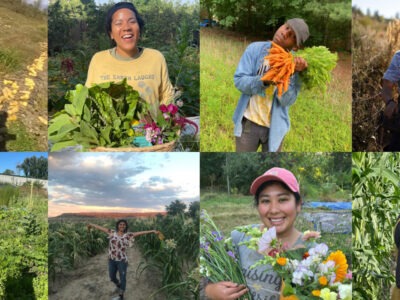
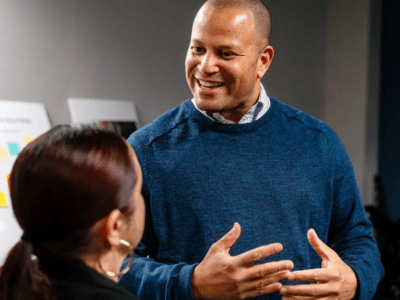
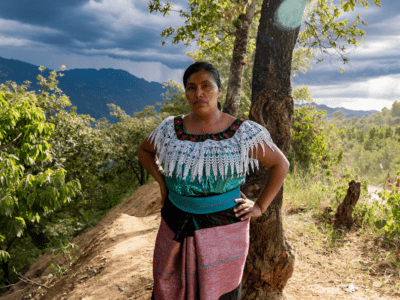
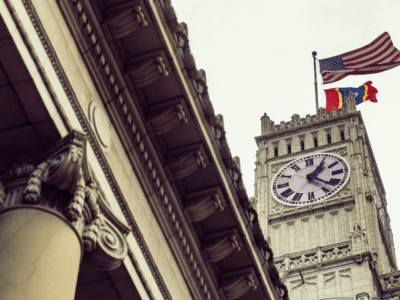

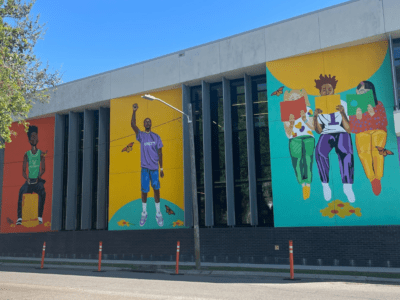

Comments